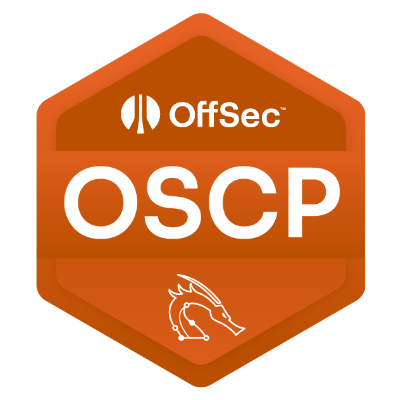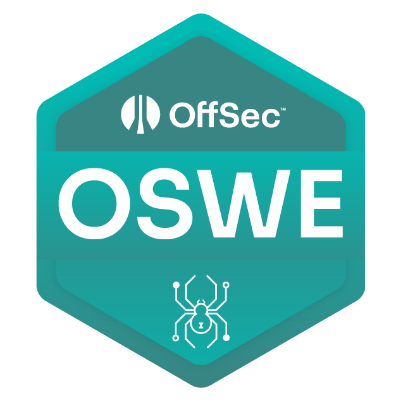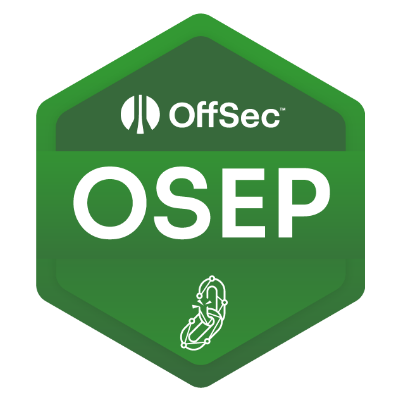Main menu
You are here
DNS entries for local development using dnsmasq
Sometimes it's handy to have local DNS entries, for example when you're working on a copy of a site on your local machine - perhaps via a VM, vagrant, lxc or docker. A simple way of doing this is to add entries to your hosts file e.g.:
# local site 127.0.0.1 dev.mcdruid.co.uk
It can be a bit of pain though having to set one - or sometimes more - of these up for every new site you work on.
dnsmasq is a really useful utility for DNS and DHCP. It may well be what's providing DHCP on your router - it is on mine, which runs OpenWrt.
You can use dnsmasq to set up a wildcard DNS entry for a fake top level domain which you use for local development. For example:
# Wildcard DNS entries address=/.devel/127.0.0.1
That would mean dnsmasq will return A records for all domains ending in .devel pointing them at localhost:
$ dig +noall +answer example.devel example.devel. 0 IN A 127.0.0.1 $dig +noall +answer foo.example.devel foo.example.devel. 0 IN A 127.0.0.1
...which can be very handy. You can use different IPs (perhaps for a VM's network interface), and it's also possible to configure CNAME and other types of records.
You could put these entries straight into the dnsmasq config file (typically in /etc/dnsmasq.conf) - for example on your router if dnsmasq is running there and you have access to that file. You can also run dnsmasq locally.
On debian / ubuntu desktops, you'll probably find that dnsmasq is already running - and there's a handy dnsmasq.d directory into which you can drop config files which will get picked up. For example on xenial / 16.04 you can see dnsmasq running:
$ ps aux | grep dnsmasq nobody 25133 0.0 0.0 52880 4304 ? S Nov02 0:02 /usr/sbin/dnsmasq --no-resolv --keep-in-foreground --no-hosts --bind-interfaces --pid-file=/var/run/NetworkManager/dnsmasq.pid --listen-address=127.0.1.1 --cache-size=0 --conf-file=/dev/null --proxy-dnssec --enable-dbus=org.freedesktop.NetworkManager.dnsmasq --conf-dir=/etc/NetworkManager/dnsmasq.d
...and that there's a /etc/NetworkManager/dnsmasq.d directory which dnsmasq will check for config files. You can put a file called e.g. custom.conf in there. You may need to restart NetworkManager for the new config to be picked up.
Other versions may have the directory in different places - e.g. on precise / 12.04 it seems to be just plain /etc/dnsmasq.d
No more littering your hosts file with entries for every local site!
- Log in to post comments




